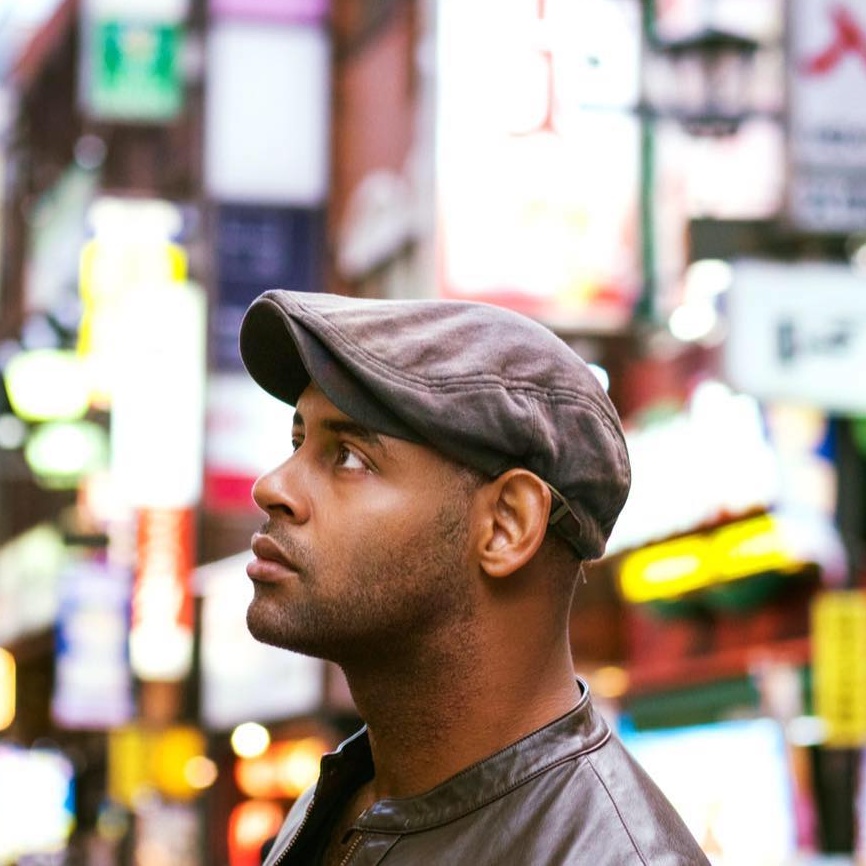10 Intricate Ins & Outs of Train Etiquette
Like many things in Japanese society, there are several unspoken rules regarding public transportation that are learned over time. In order to prepare travelers, we've compiled a list of 10 important rules to keep in mind—some explicit, some common sense, and others that may be acceptable in your hometown but are frowned upon here.
By Wendell T. Harrison6. Talking & Mobile Phones
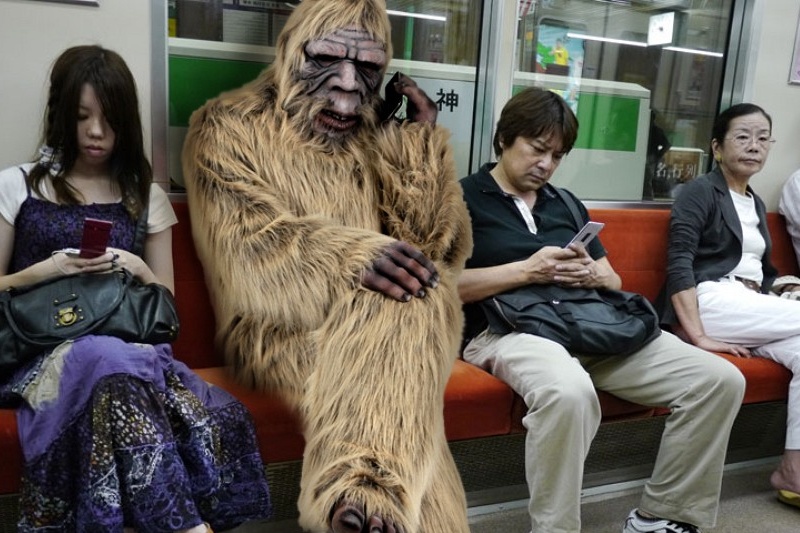
http://www.freakingnews.com/Bigfoot-Talking-On-a-Phone-in-a-Train-Pictures-111326.asp
Boarding a train in Tokyo, a traveler should immediately notice the quiet. While talking on trains isn't illegal, it still seems to be regulated with unspoken rules. Talking and joking with friends is generally permissible, though be cautious of your volume. On cars where the seats can be rotated to face each other, this is even less of a taboo. Also, certain areas in Japan, such as the Kansai region, don't have the same stigma. In Kansai, your neighbor is even likely to start a conversation with you!
Talking on the phone, however, is considered very rude across the nation. If you have to answer a call, you're expected to cover your mouth with your hand and speak in hushed tones, letting the caller know that you're currently on a train. Furthermore, be sure to check your phone's ringtone is set to "manner mode" (silent or vibrate).
7. Loud Music

https://www.quietriots.com/issue/noisy-trains/FlhQt3n2ct/
Listening to loud music is an obvious annoyance; however, it can be difficult to realize when you're the offender. Passengers on trains tend to shift their glances toward the music enthusiast in order to draw awareness, or just walk away from the area, but it isn't common for passengers to be vocal about the noise.
Make sure you adjust your volume to a moderate level before getting on the train and be considerate of your fellow passengers. Finally, while this may be the case in other countries, it's absolutely not acceptable to listen to music, watch videos or play noisy games without using a headset. This'll certainly rouse the ire of your fellow commuters.
8. Eating & Drinking
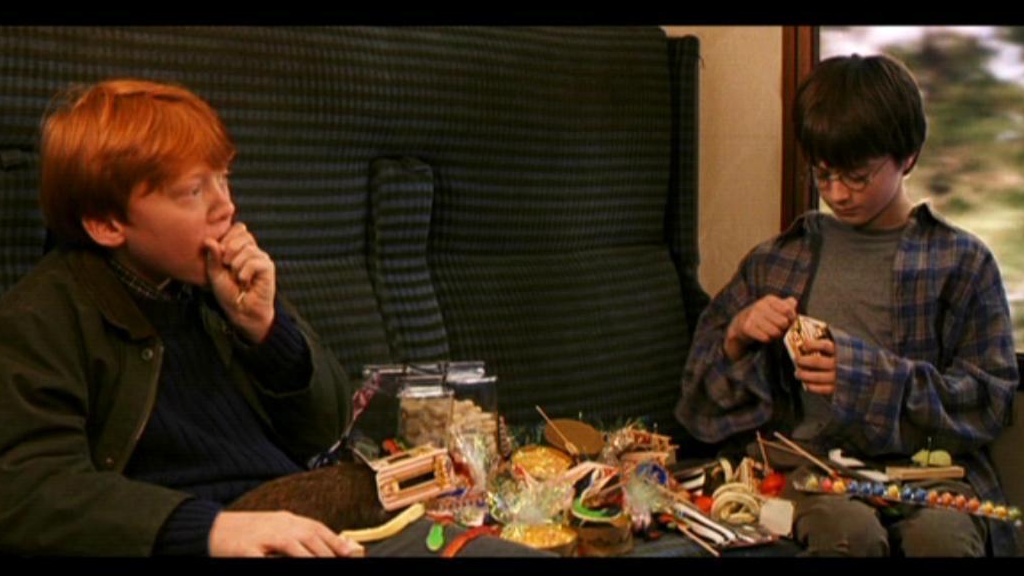
http://thehuffmanpost.com/2014/06/04/best-month-ever/
With millions of people commuting on Tokyo trains, surely some passengers are bound to get hungry and snack on the train. The broad rule is that it's considered impolite to eat on trains. Typically, while there aren't any signs expressly prohibiting this act, it's still considered rude. While it's important to note that foods with a pungent odor may disturb the other passengers more than others, the typical consequence for this action is a sharp stare from a disturbed passenger.
Drinking, however, seems to be completely fine. Many of Tokyo's train lines have beverage vending machines on the platform, and you might even spot the occasional businessmen climb on the train after work with a canned beer in hand.
9. Women Only
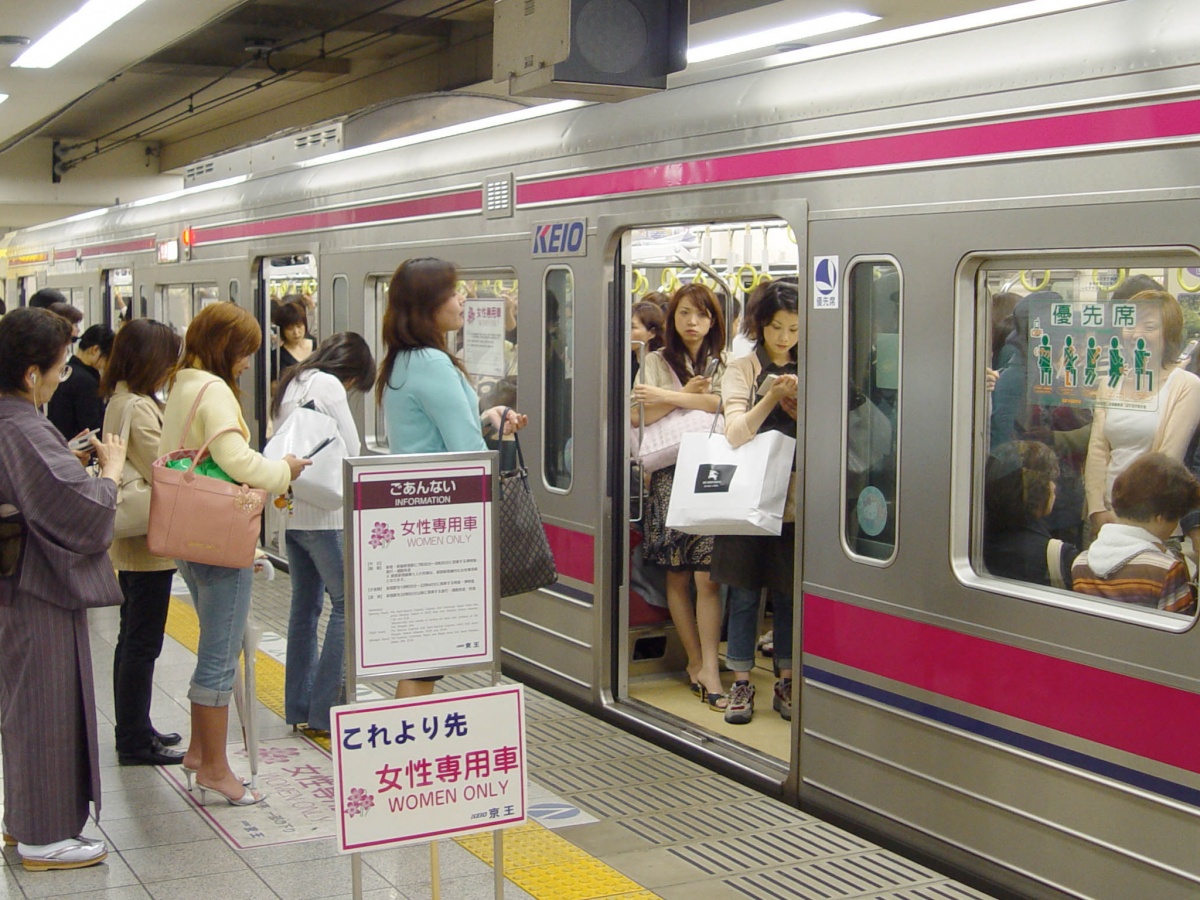
https://en.wikipedia.org/wiki/Women-only_passenger_car
Groping and inappropriate touching on trains is a common problem for cities around the world with crowded modes of transportation, and women are often the target. To combat this, some train lines in Japan offer "Women Only" cars during peak hours. These cars are often marked with pink signage that specifies the time period when men aren't allowed. If you're a male with the misfortune of jumping on a "Women Only" car as the doors are closing, be sure to stand close to the door in preparation to disembark at the next station. It also wouldn't hurt to practice making an embarrassed face, and avoid direct eye contact.
10. Smoking
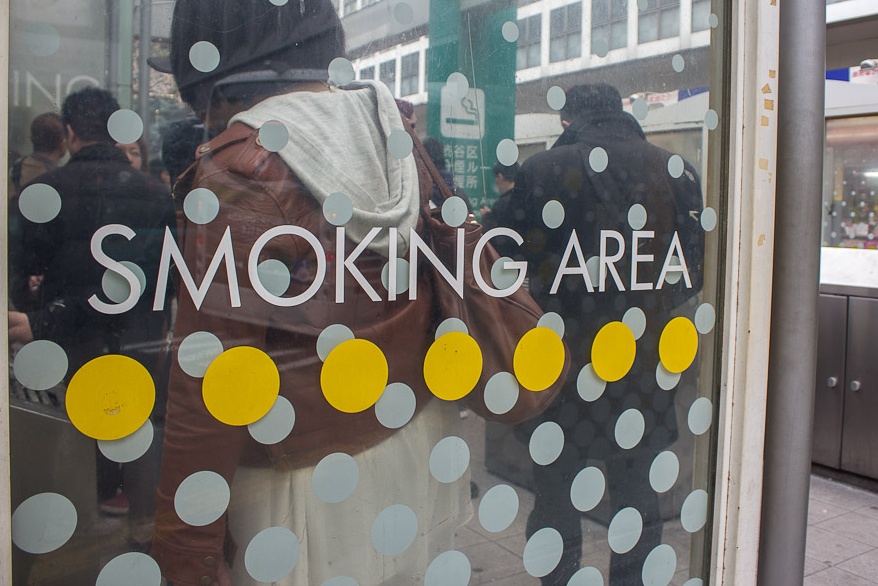
http://www.timetravelturtle.com/2013/04/tokyo-rules-no-smoking-japan/
Smoking on trains is generally a prohibited act. While some stations will offer small smoking rooms on the platform, it’s an offense punishable by a fine to light up in non-smoking areas. The only exception is smoking cars on express trains, which are decreasing in number—a trend speculated to continue up to the 2020 Olympic Games.
Many of the rules, such as talking and eating, are more flexible when riding on the Shinkansen or other fixed-seat express trains. Seats on the bullet train are arranged in rows and can be turned to accommodate a party of four, offering a little more privacy. Food, called ekiben (bento, or box lunches, prepared for train passengers), and drinks are sold by the train staff. Riders needing to make a phone call are able to do so at the ends of the cars and there are smoking cars—or at least smoking rooms—on many lines. Every rule has its exceptions, and luckily for long-distance travelers, the laid-back Shinkansen lets you take things a little easier.


